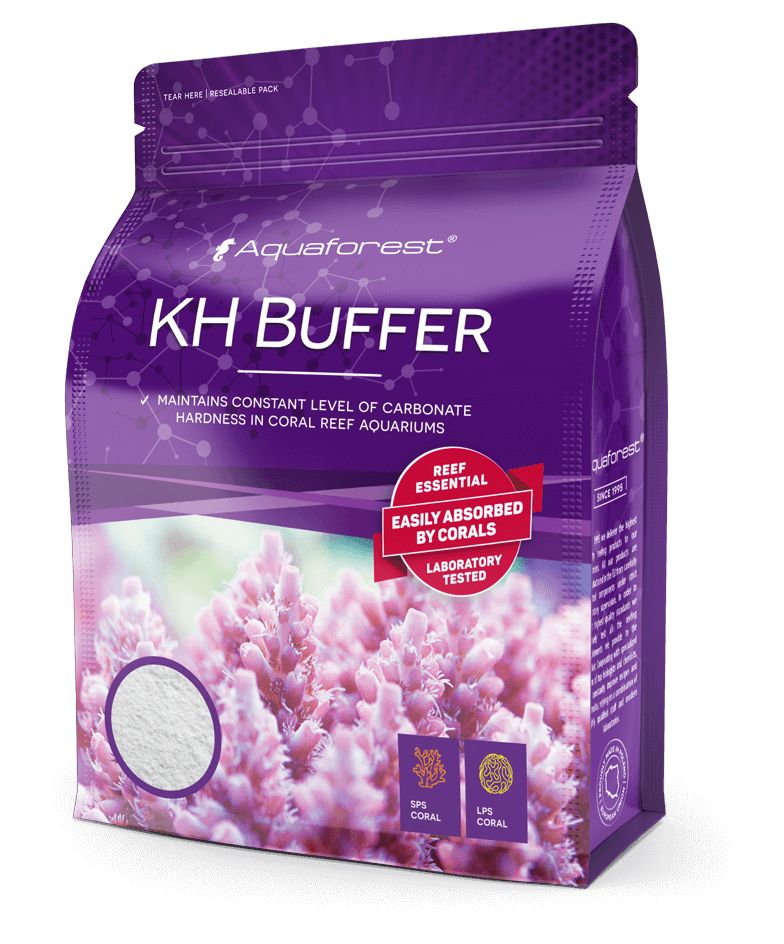I've been using Aquaforest KH Buffer as my alkalinity part.
Aquaforest don´t tell us the composition.
I´ve noticed that when I mix the solution (80g of the product per liter of deionized water), it results in a temperature decrease.
For example: when using 400g of KH Buffer in 5 liters of RO/DI water, the solution temperature drops from 24 celsius to 20.5 (-3.5 celsius).
My question:
As far as I know, and I could be wrong, dissolving sodium bicarbonate in water results in an exothermic reaction. The same goes for dissolving sodium carbonate.
So what kind of reaction could be responsible for decreasing temperature?
I´ve noticed that when I mix the solution (80g of the product per liter of deionized water), it results in a temperature decrease.
For example: when using 400g of KH Buffer in 5 liters of RO/DI water, the solution temperature drops from 24 celsius to 20.5 (-3.5 celsius).
My question:
As far as I know, and I could be wrong, dissolving sodium bicarbonate in water results in an exothermic reaction. The same goes for dissolving sodium carbonate.
So what kind of reaction could be responsible for decreasing temperature?


















